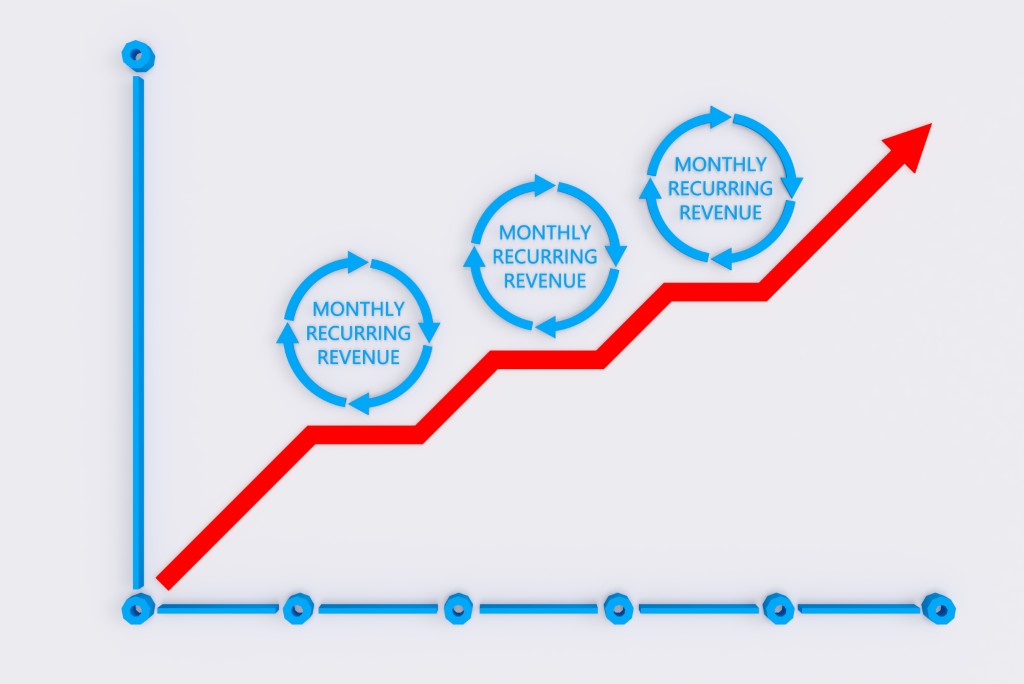
The revenue growth delivered by an effective partner channel (resellers, system integrators or OEMS) sounds like a complete no-brainer, so why does it seem to be so difficult for vendors to achieve? For a long time, I’ve been fascinated by the process of developing successful partner channel, operating in parallel with a direct sales team, but in my 30 years of working in sales I’ve rarely seen it happen. Far too often, vendors either have no channels at all or have signed agreements with around 50 but only have 2 that actually deliver revenue for them.
The market has so many resellers, especially in the EMEA and APAC regions, and it can be easy to sign up partners to resell your products or services. But after the agreement is signed, partners often fail to deliver the expected revenue, which is particularly problematic if you are depending on them to cover key markets or sectors.
So why do these relationships so often fail? Surely it’s the fault of the partners if they don’t deliver? Well, part of the problem is the classic attitude of many vendors to their partners – “what have our Partners ever done for us?”
So, let’s see. Partners provide vendors with incremental revenue, market cover and reach without any of the overheads involved in direct sales, as well as access to large enterprise prospective customers far quicker than a direct sales approach from a zero start point. They also often accept legally onerous contractual terms from the end users, and provide post sales services and only require a vendor to provide training. Partners can also dedicate sales resources to your solution, particularly if they believe you have the potential to generate lots of business in their territory.
Given the benefits of running a successful channel partnership are so clear and compelling, why is it proving so difficult for vendors to build these relationships into revenue generating engines?
Vendors tend to approach new prospective partners with the attitude of “we have a new and unique disruptive solution and you’d be mad not to adopt it immediately as your main sales effort”. This approach is all too often met with stony-faced scepticism. The harsh reality is that most resellers (and Systems Integrators) already have too many solutions to try and sell and are in all probability trying to reduce the number of vendors they work with.
This over-optimistic approach doesn’t take into account the channel’s existing portfolio of solutions, their capacity to free up sales or services employees to be trained, or simply whether the net return on the investment required to offer another solution is worth it for the reseller.
There are many more mistakes vendors make in setting up channel agreements, such as:
- Choosing the wrong partners with little previous experience of selling in your vertical.
- Expecting your channels to sell a highly complex offering when their existing portfolio of solutions are high-volume, “off the shelf” packages.
- Becoming overly dependent on only one partner and not diversifying to minimise risk.
- Depending entirely on your relationship with one point of contact in the partner.
- Failing to define exactly what you want a partner to deliver.
- Assuming that once you sign an agreement, no more effort is required on the vendor’s part and you can simply sit back and watch the orders roll in.
- Assuming that the enthusiasm shown by a partner’s head office for your solution will be matched by the willingness of their local offices to follow through.
- Expecting them to allocate their key people immediately for a new and unproven solution.
- Underestimating the length of time required to get your partner’s employees fully trained up or trying to train them on too much too quickly.
To ensure they don’t get caught up in these issues, vendors need to invest some time and thought before diving into an agreement. Partners tend to be extremely risk-averse, so vendors need to ensure they understand the benefits of their solution for the channel, not just the end users. What are their current challenges and future ambitions and how can your solution help with these? How will your solution compliment a channel’s existing portfolio and how can you help them get operationally effective quickly and efficiently? Is the Partner in need of a new solution to fight off competitors in their user base or does it want to enter new markets that your solution can make possible?
A Partner needs to be confident in your solution if they are going to invest in selling it to their existing customer base and prospects, and a solid and effective technical support model from the vendor is required to instil this confidence.
In part 2, we’ll look at how to successfully set up a joint launch campaign with a partner.
Take a look at our website to find out more about our accurate selection services
Or check out our blog to learn more about the issues facing sales leaders